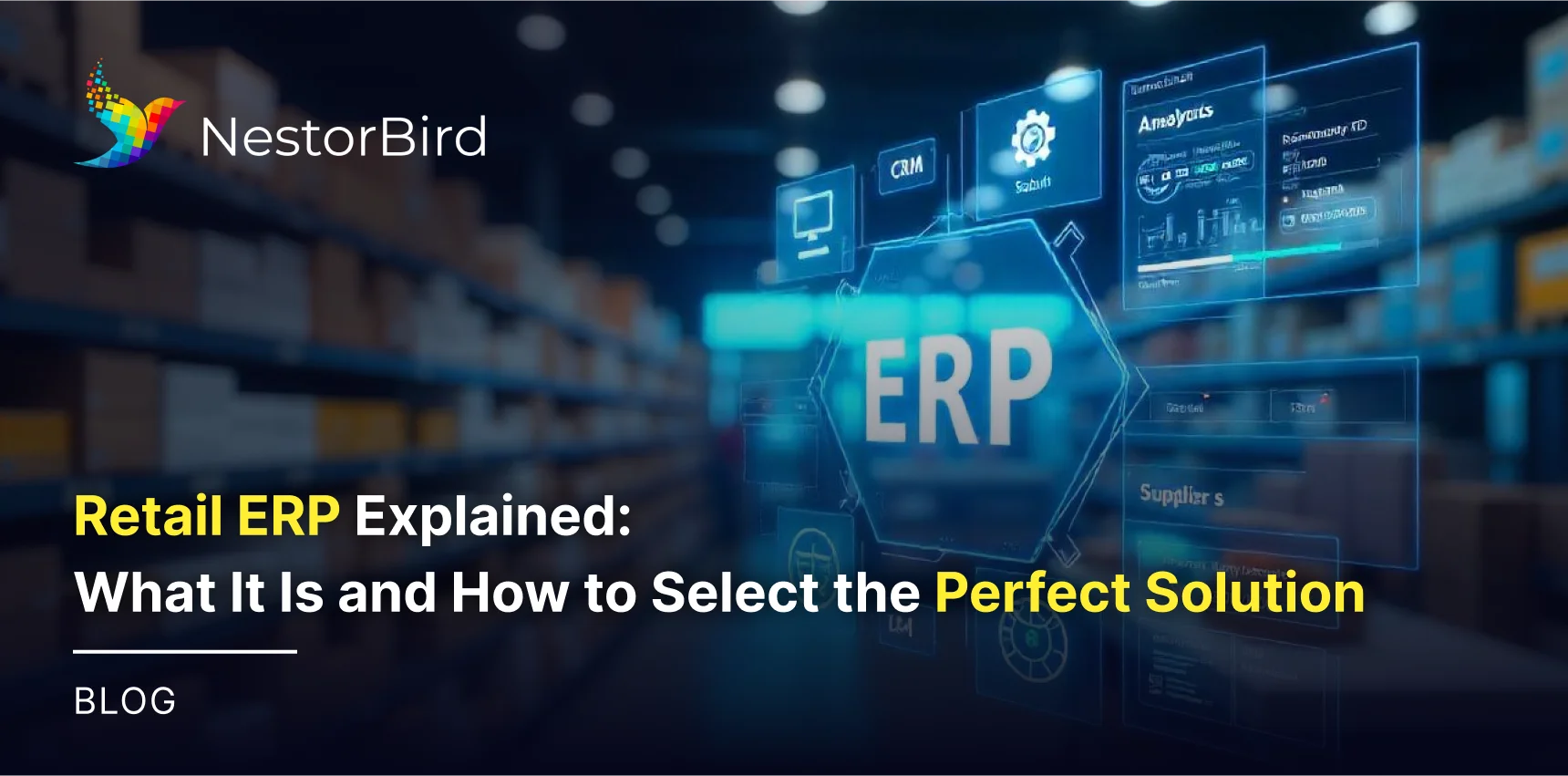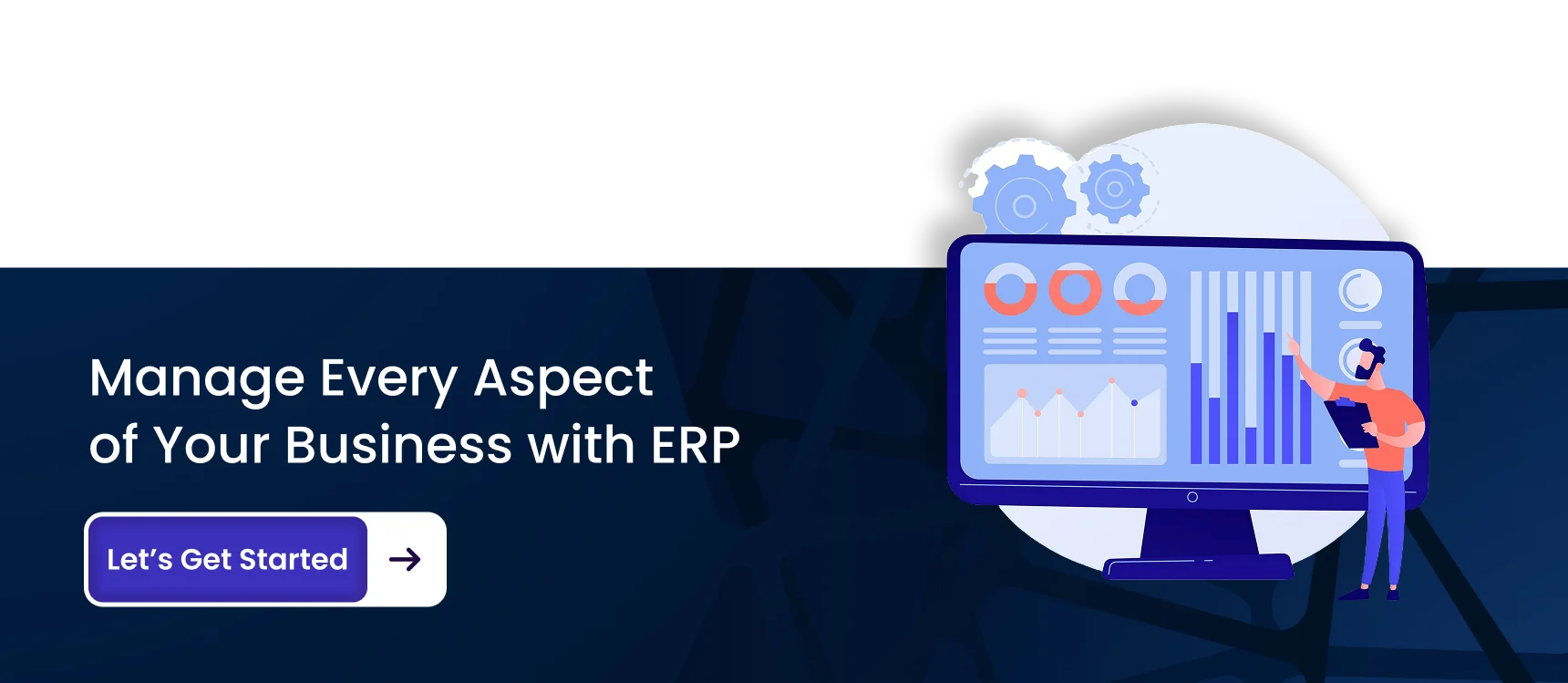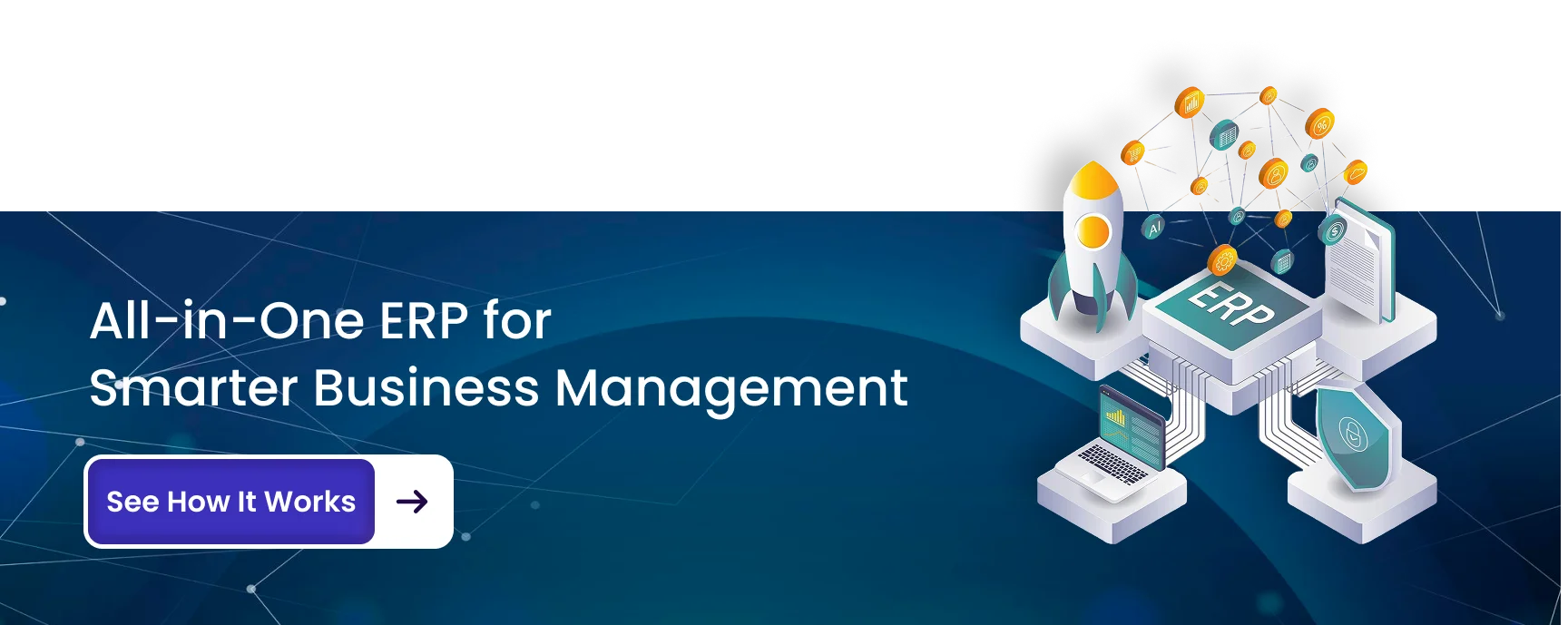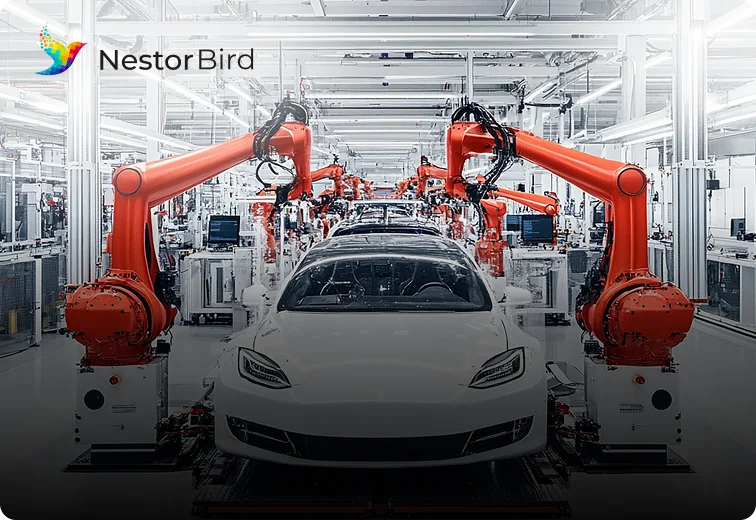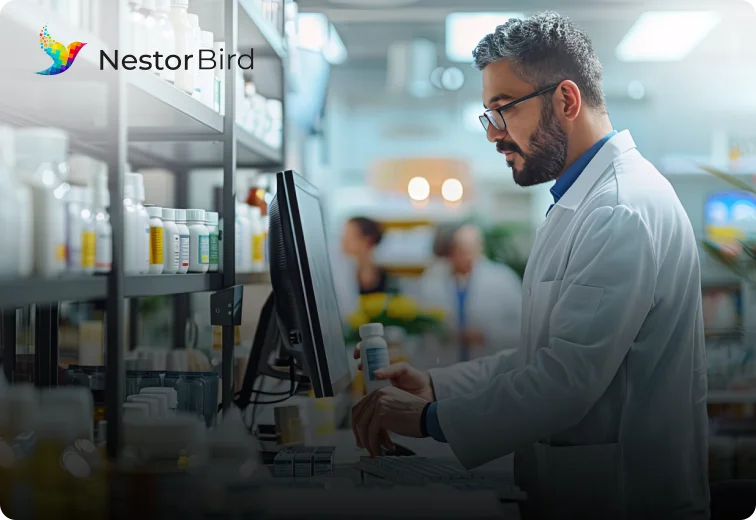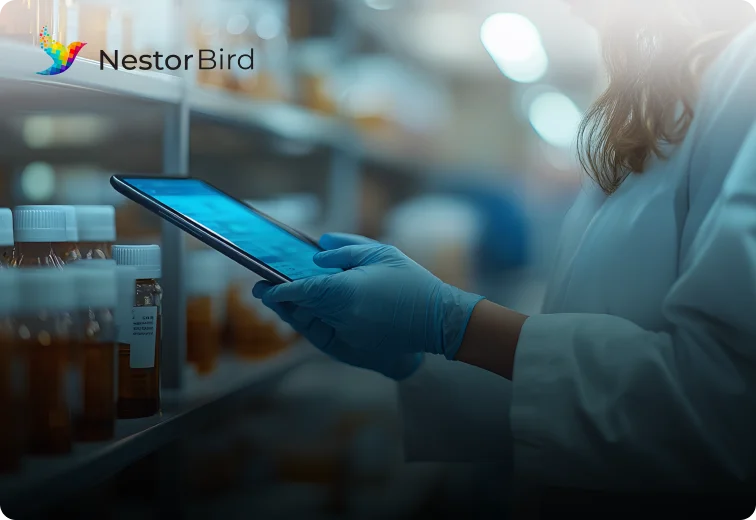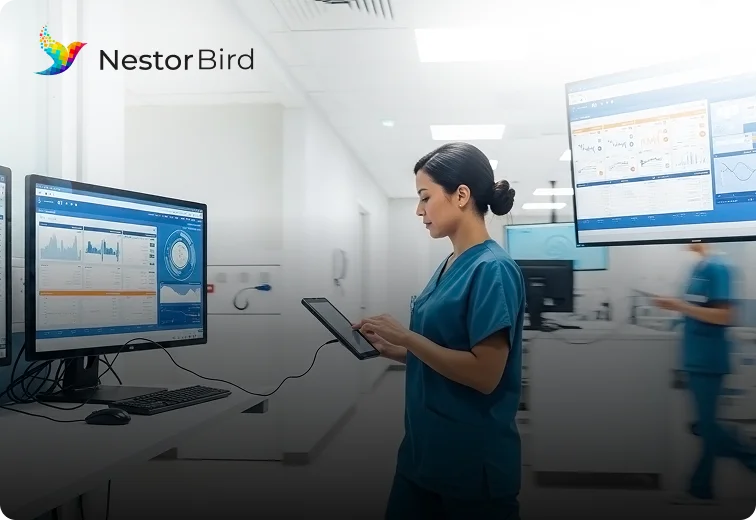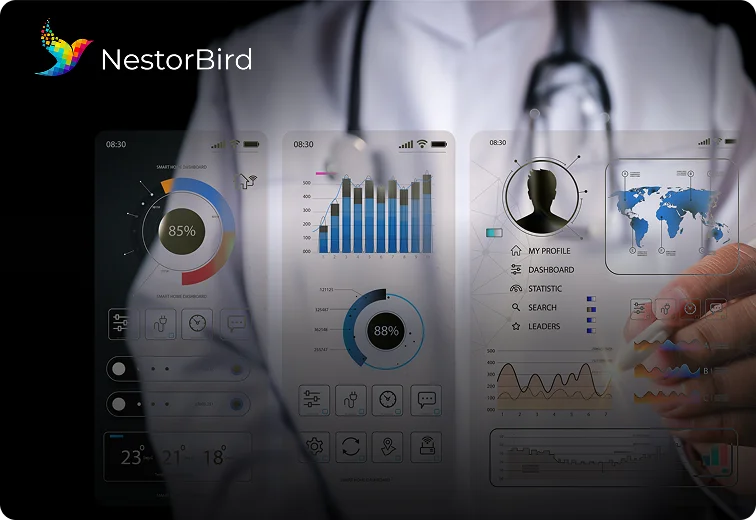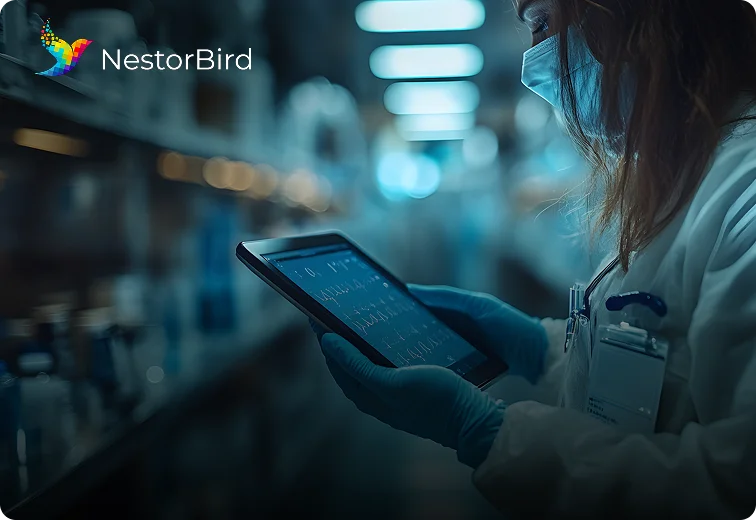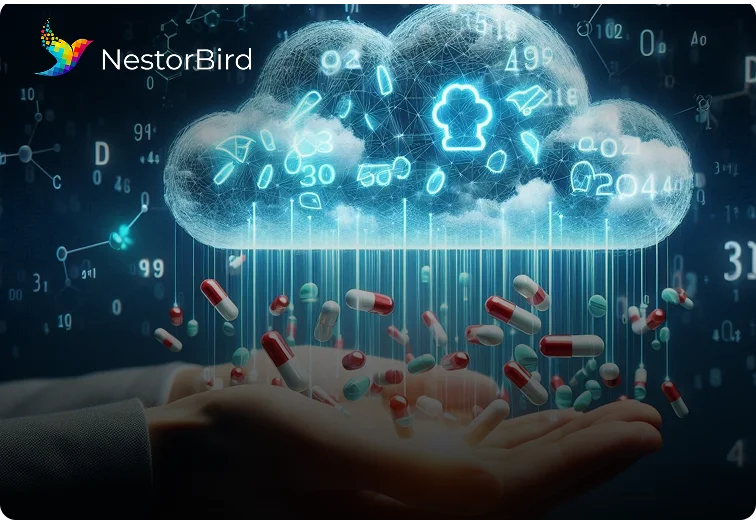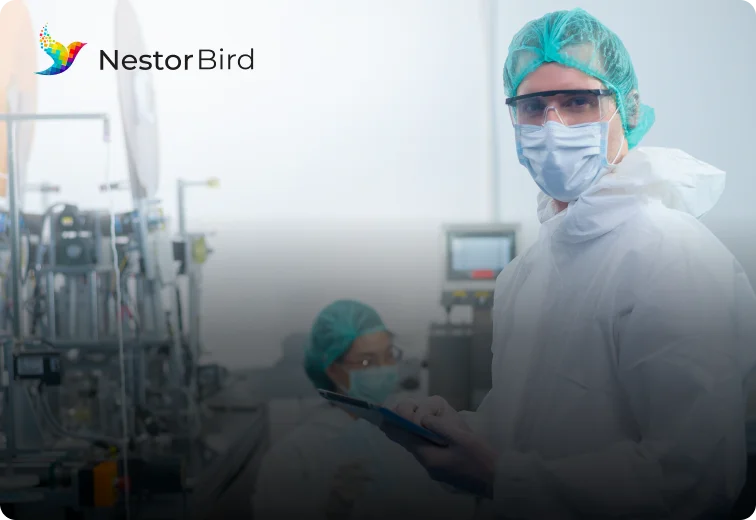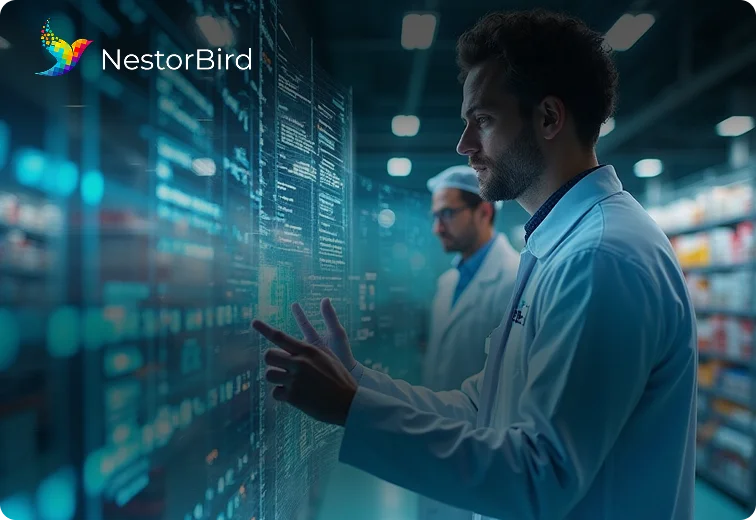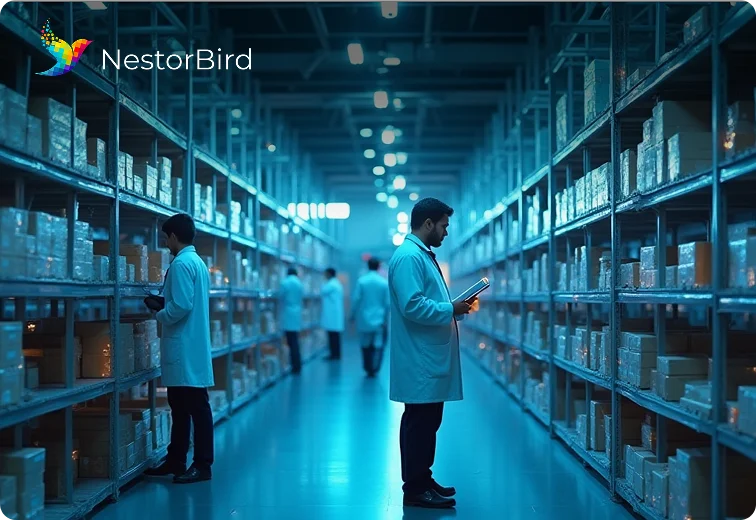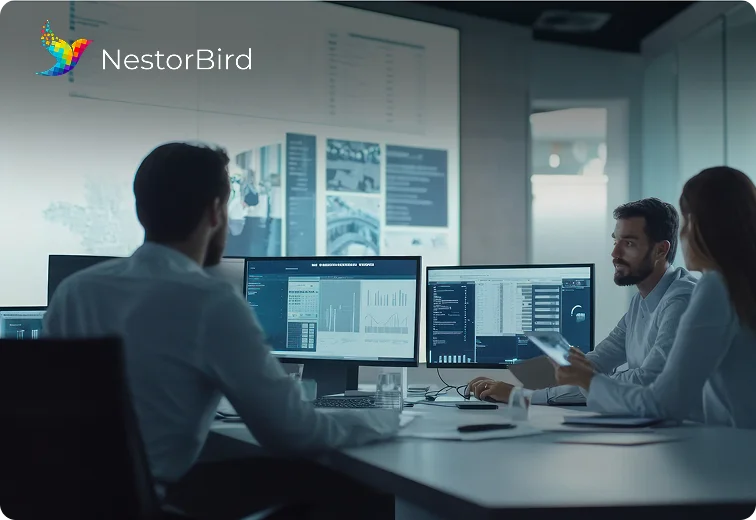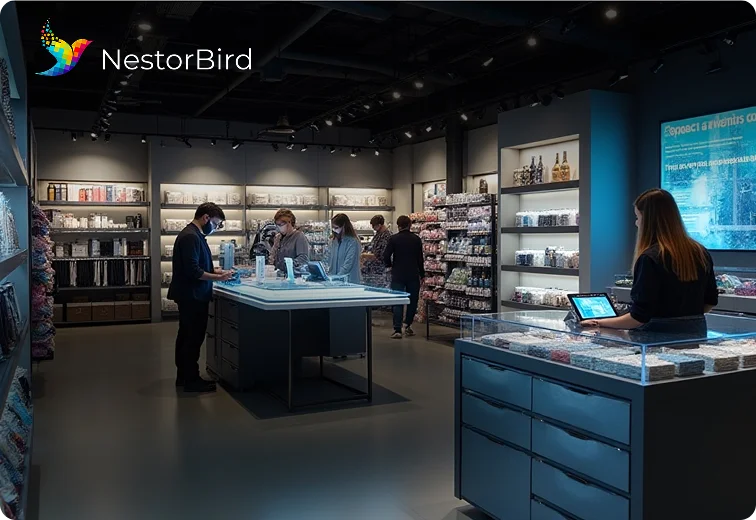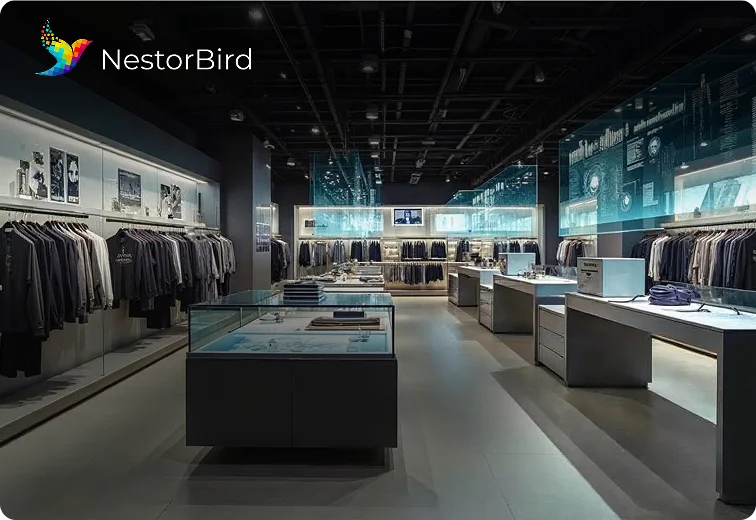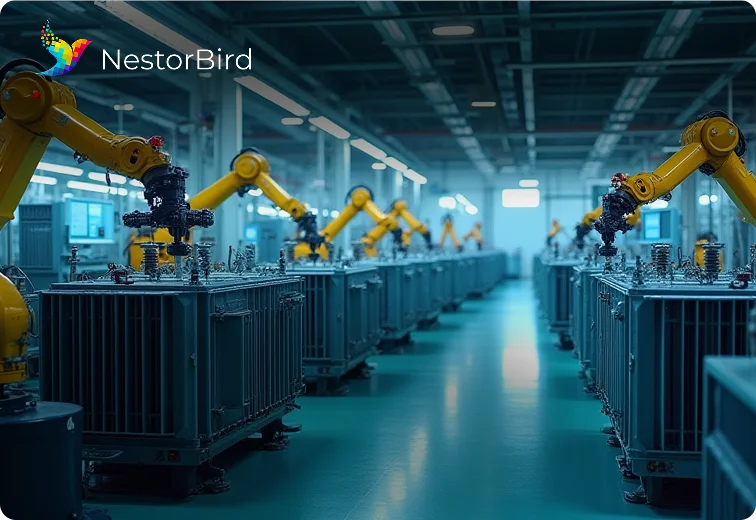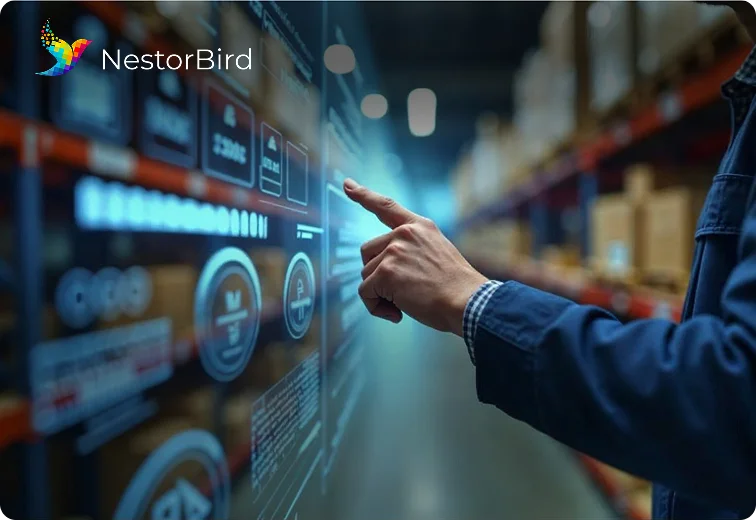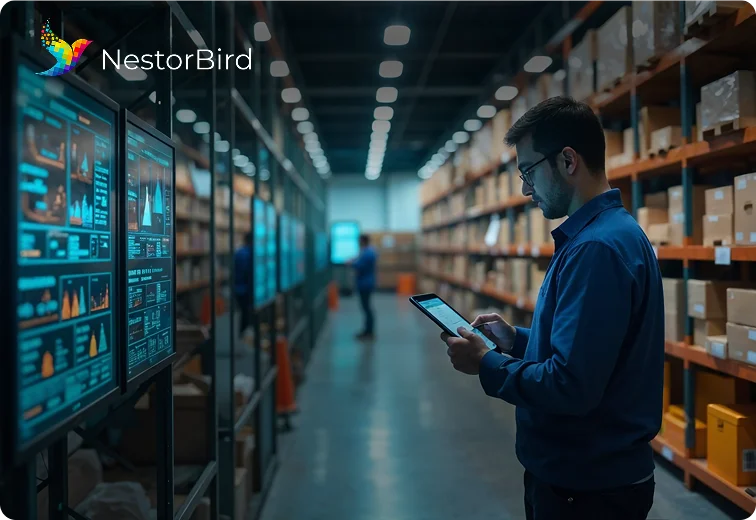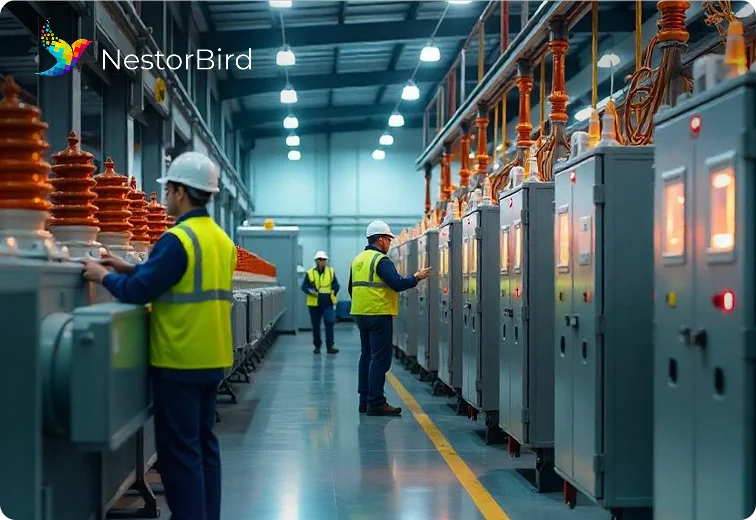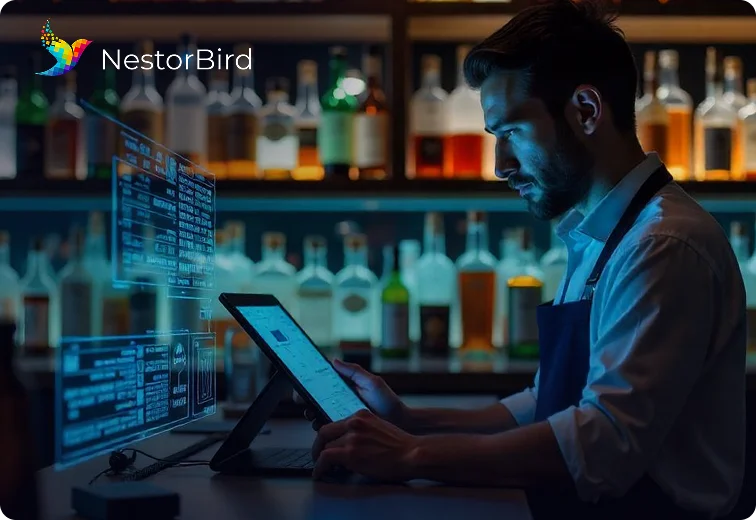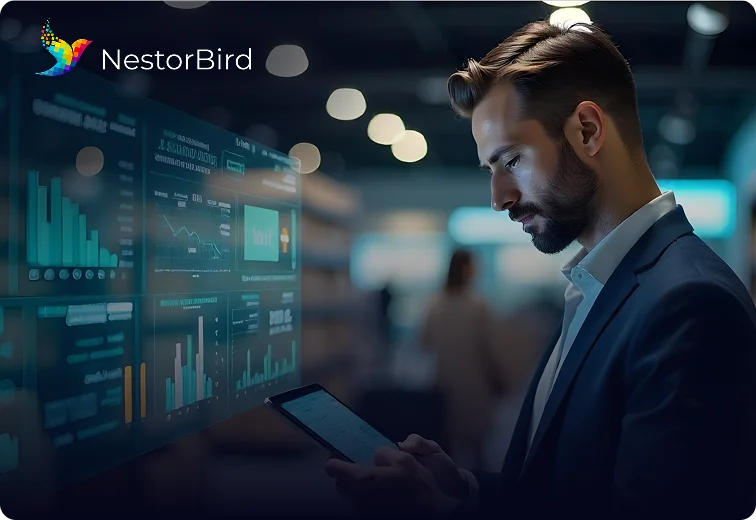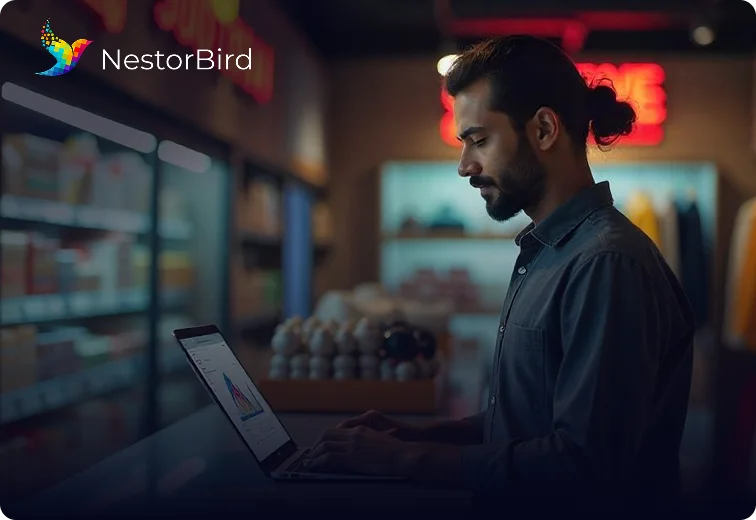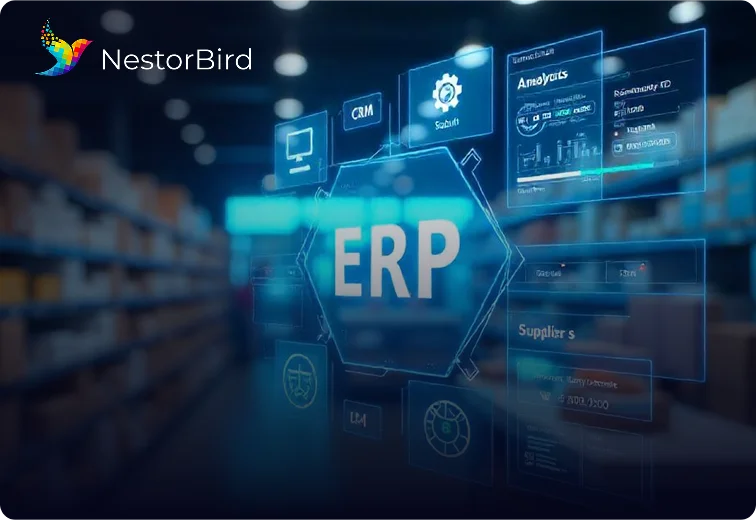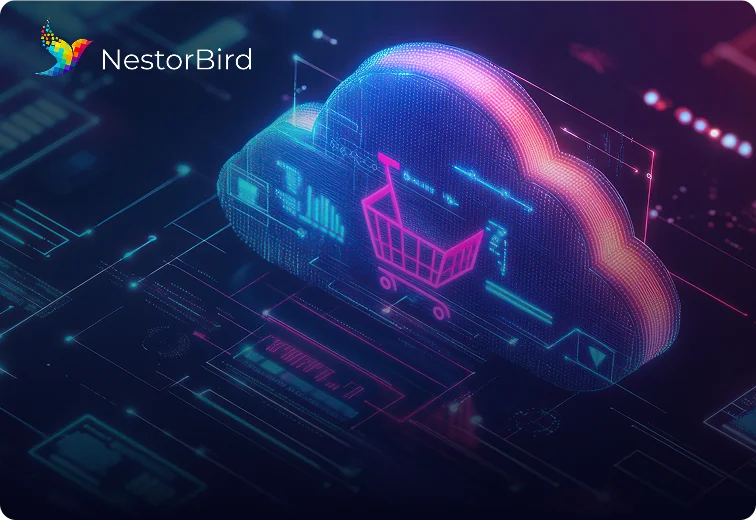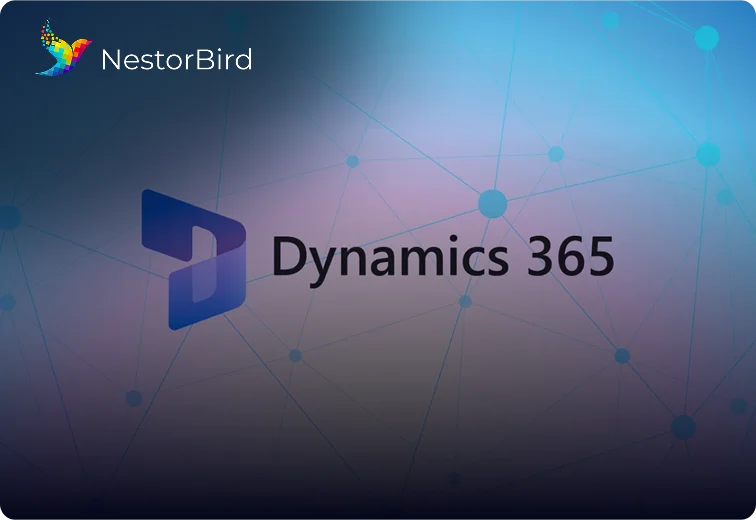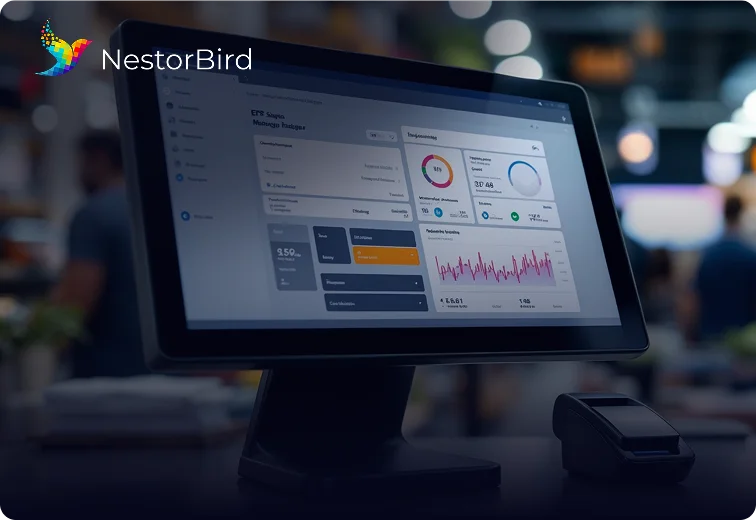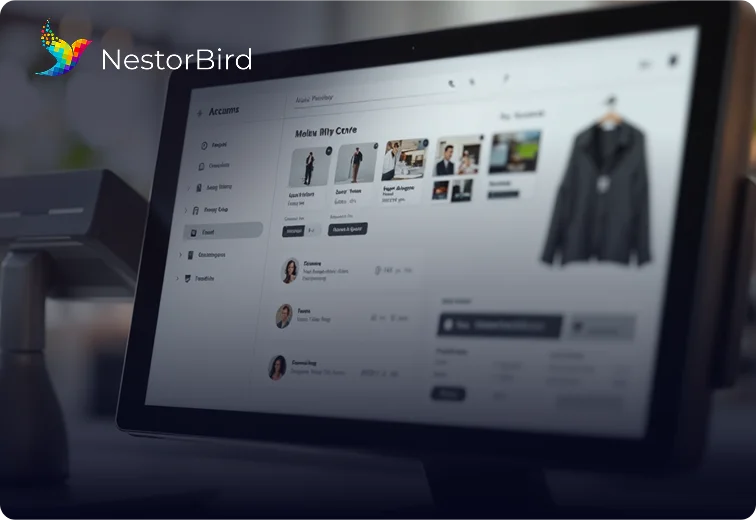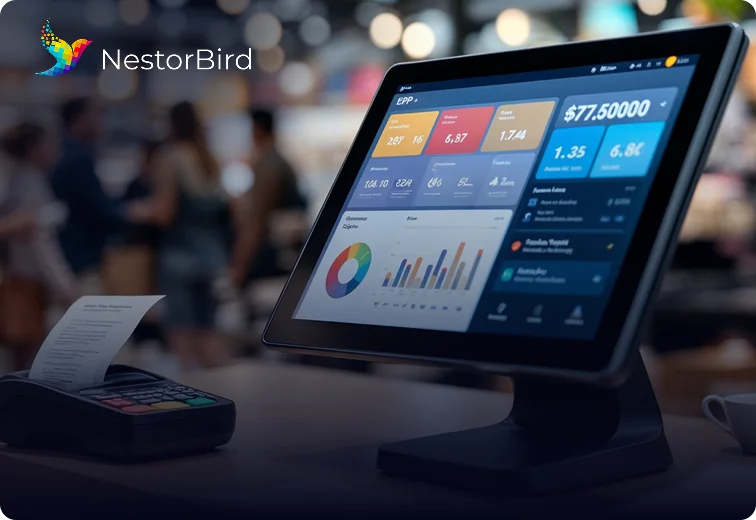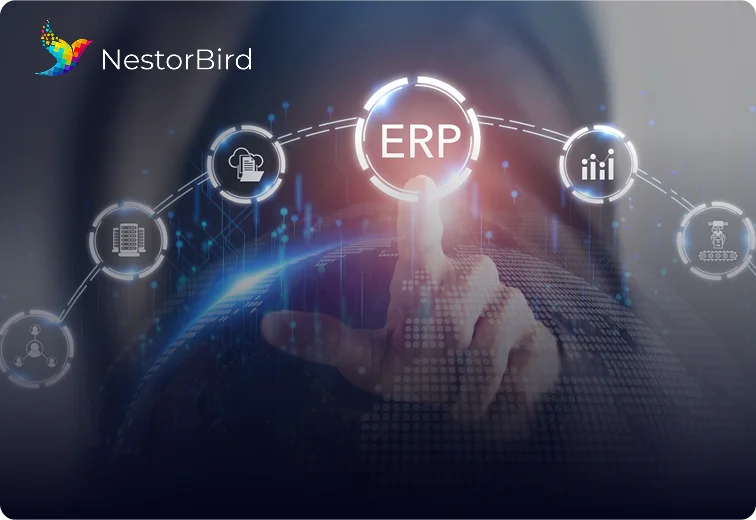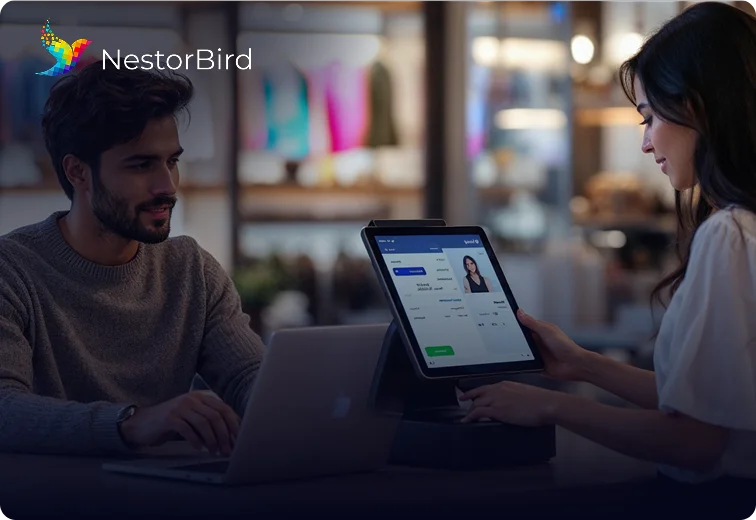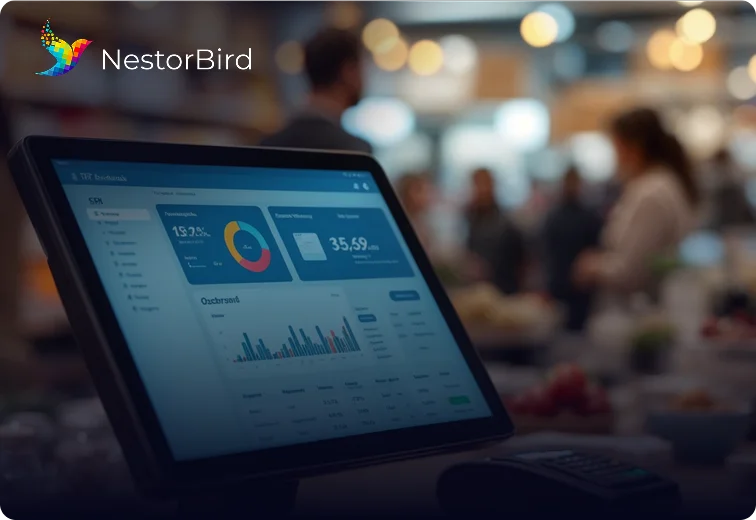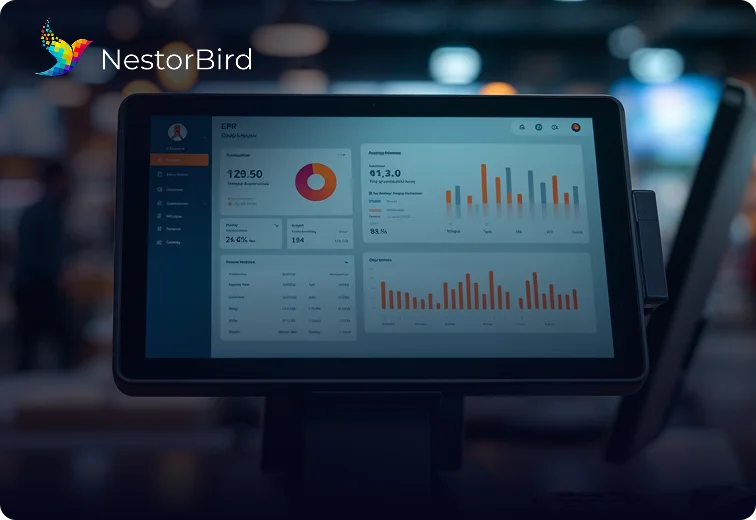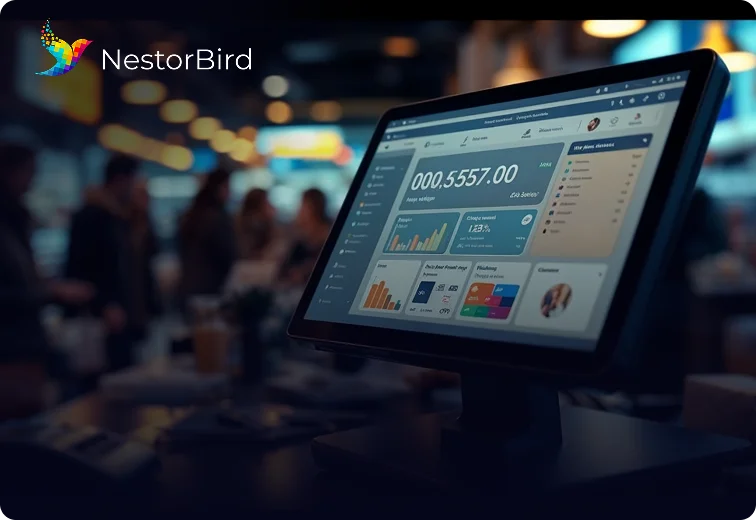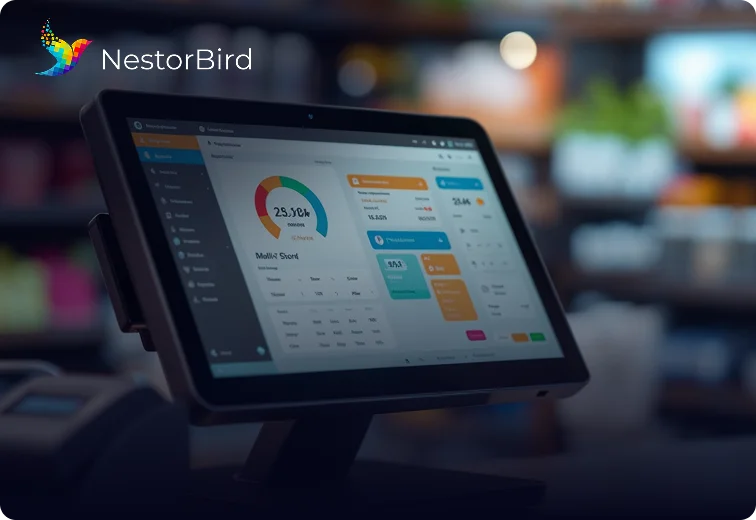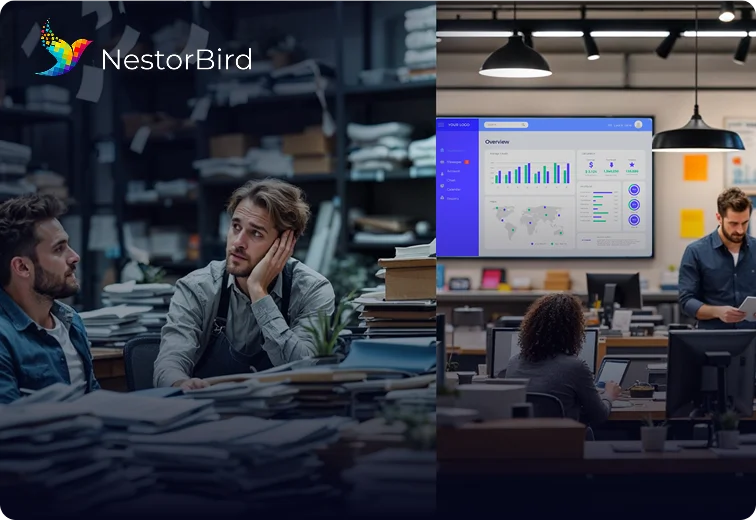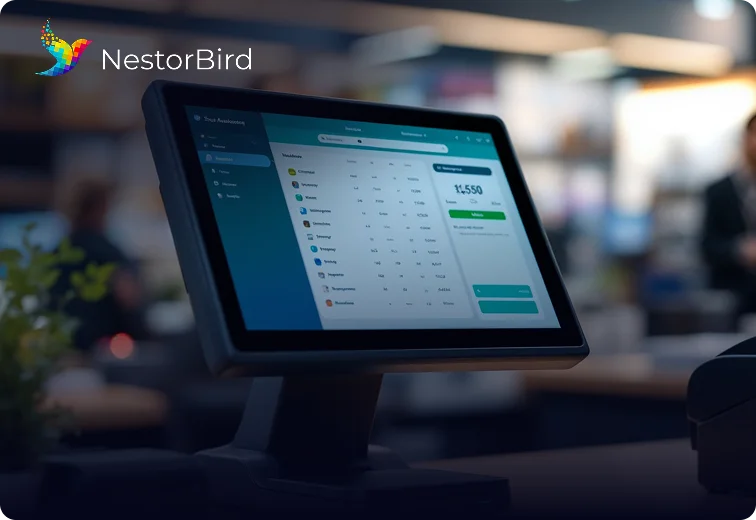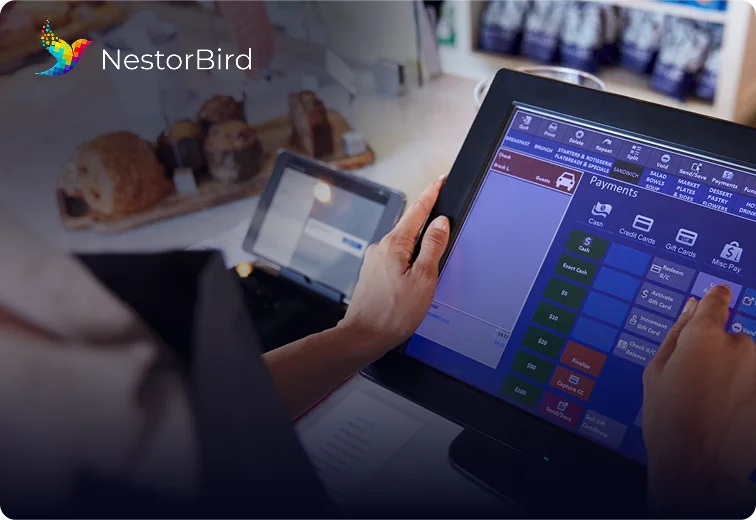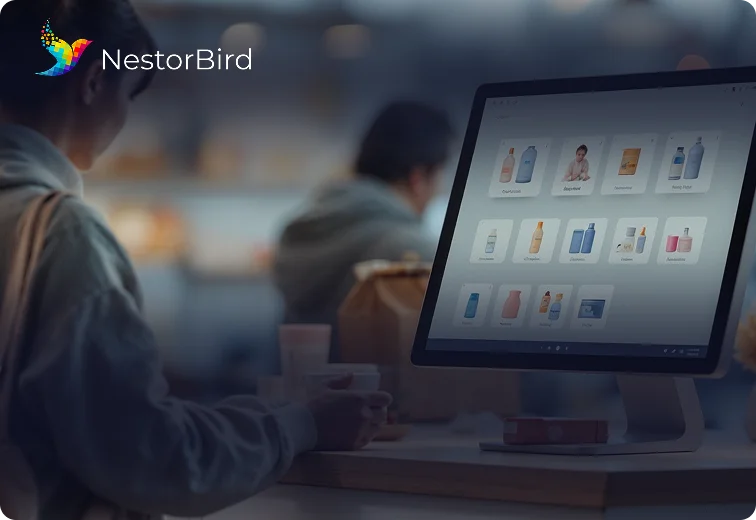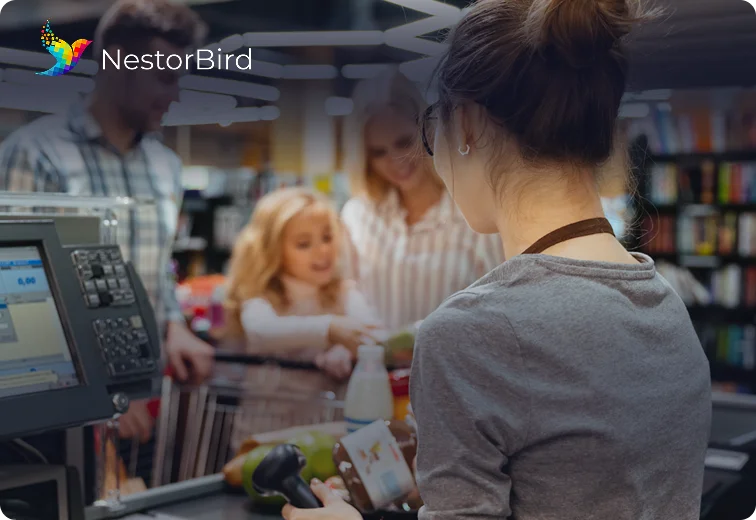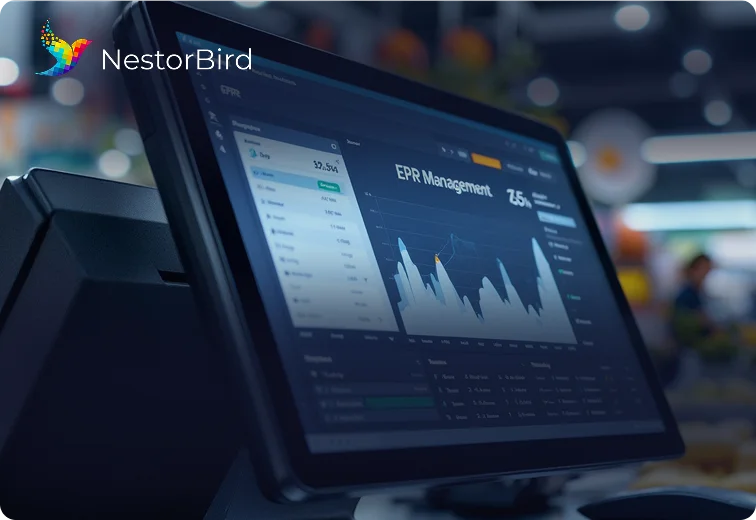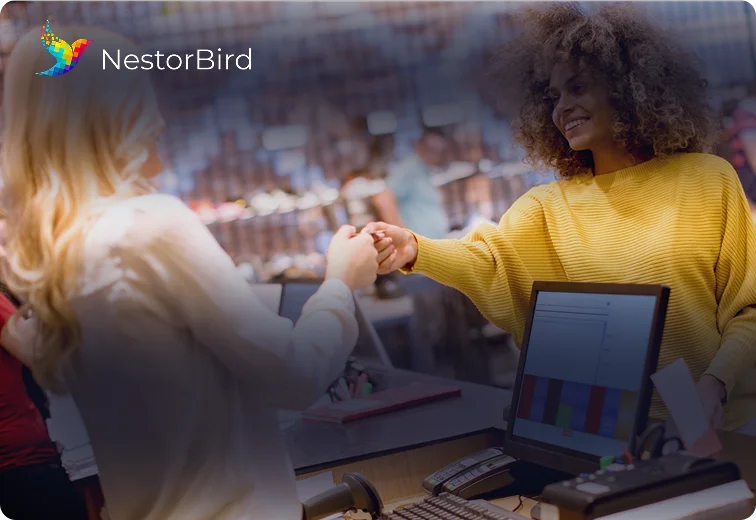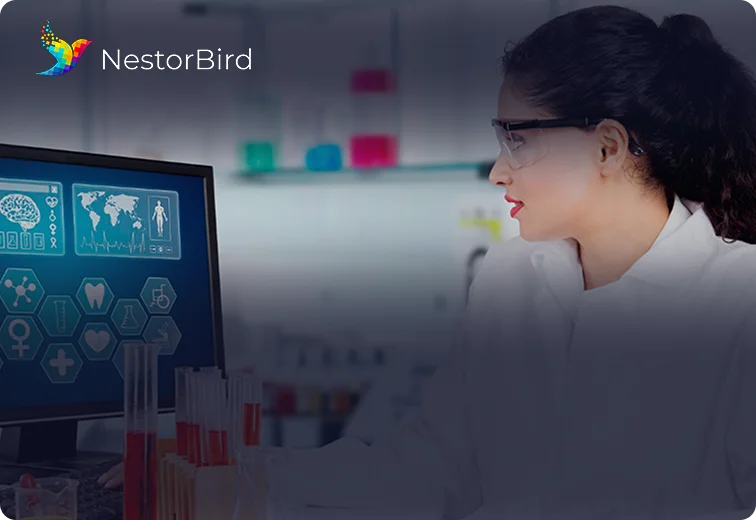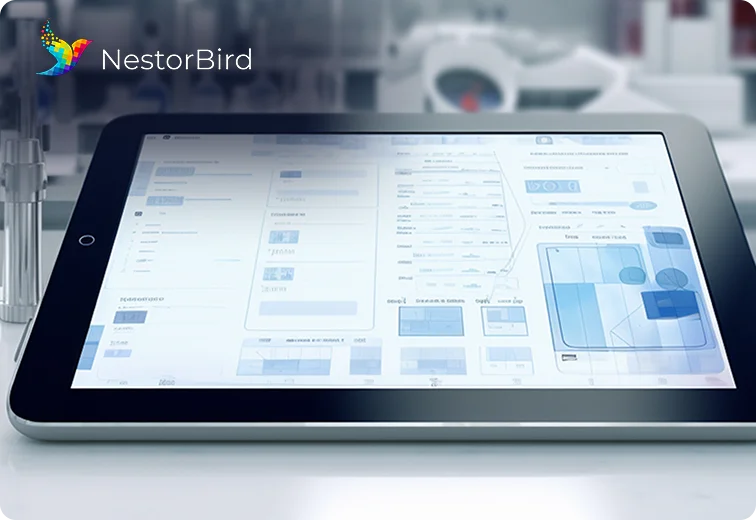Quick Summary
A Retail ERP Solution helps stores manage inventory, sales, and customers all in one system. This blog explains what Retail ERP is and gives simple steps to choose the right one for your business.
Table Of Contents
Introduction
For selecting the best suitable and beneficial software solution for your business, you need to make the right choice to ease your daily business operations and to effectively grow and scale your business. If you are running a retail shop and tired of endless paperwork and errors, looking after inventory, sales, customer satisfaction, and staff, all at once, you need the right retail ERP solution. In this blog post, we’ll explain what retail ERP is and how it can help your business run smoothly. Whether you’re a small shop or a big chain, this blog post will guide you step by step, so you can make smart choices and avoid common mistakes.
Key Takeaways
Retail ERP helps manage stock, sales, and customer data in one place.
It connects online, in-store, and mobile sales for smooth business.
Automating tasks saves time and reduces mistakes.
A good Retail ERP Solution grows with your business.
Choosing the right system makes your shop run better.
Retail ERP Solution: What Are The Features and Benefits
So, when you choose to implement retail ERP systems, for your business, consider these features and benefits that make it an effective overall solution.
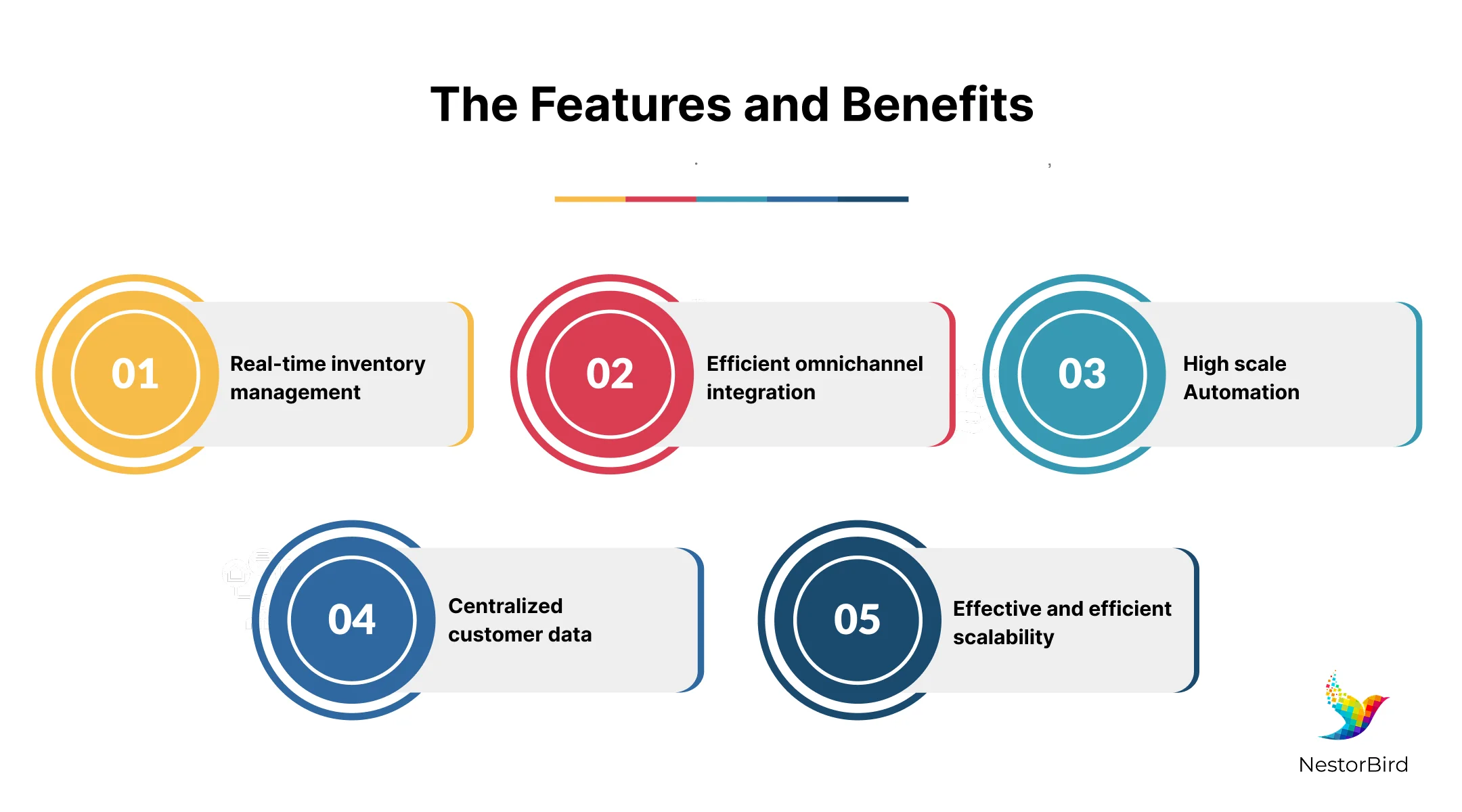
Real-time inventory management
A retail technology solutions lets you see your stock levels at any moment, which means you always know what’s available, so you never run out or have too much. It helps avoid lost sales and wasted money by keeping inventory just right.
Efficient omnichannel integration
With retail ERP, all your sales channels, like online, in-store, and mobile, all of them work together. So, this way, your customers get the same experience everywhere. Thus, the orders and stock updates happen instantly across every channel, making shopping smooth for customers and easier for you to manage.
High scale Automation
Retail ERP solution handles many tasks automatically, like creating invoices, managing orders, and making reports, which effectively saves time and reduces mistakes. The staff can then focus on more important work instead of doing repetitive jobs by hand.
Learn Why Enterprises Switching SAP to Odoo.
Centralized customer data
All customer information is stored in one place with retail ERP, which in turn, helps you remember what customers like and offer them special deals or loyalty rewards. It makes customer service better and helps keep them coming back.
Effective and efficient scalability
Retail ERP solution grows as your business grows. So, whether you open new stores or add more products, the system supports your needs. You don’t have to change software when your business gets bigger, which saves time and money.
Retail ERP vs. Traditional ERP: Why Retail Needs a Specialized Solution
When comparing Manufacturing ERP vs. Traditional ERP, the main difference is that retail ERP is made just for retail businesses, while traditional ERP is built for many different industries, like manufacturing or construction. Retail businesses have special needs, such as handling sales from many channels, like online, in-store, and mobile, at the same time.
They also need features for managing promotions, discounts, and dynamic pricing, and for tracking inventory in real time across all locations. Traditional ERP systems usually do not have these features built in, so retailers have to add extra modules or customize them, which can be complicated and costly.
A retail ERP solution comes with all the tools retailers need right out of the box. This means less setup time and fewer problems. For example, retail ERP easily connects with point-of-sale systems, eCommerce platforms, and mobile apps, so inventory and sales data are always up to date and accurate.
With traditional ERP, you often need to connect different software yourself, which can lead to mistakes and extra work. Retail ERP also helps manage customer data, loyalty programs, and personalized offers, which are important for retail success. So, a retail ERP solution is simpler, faster, and better suited for retail businesses than a generic ERP system.
This is why manufacturing business need erp software.
Select ERP Solution: Step-by-Step Guide for Retailers
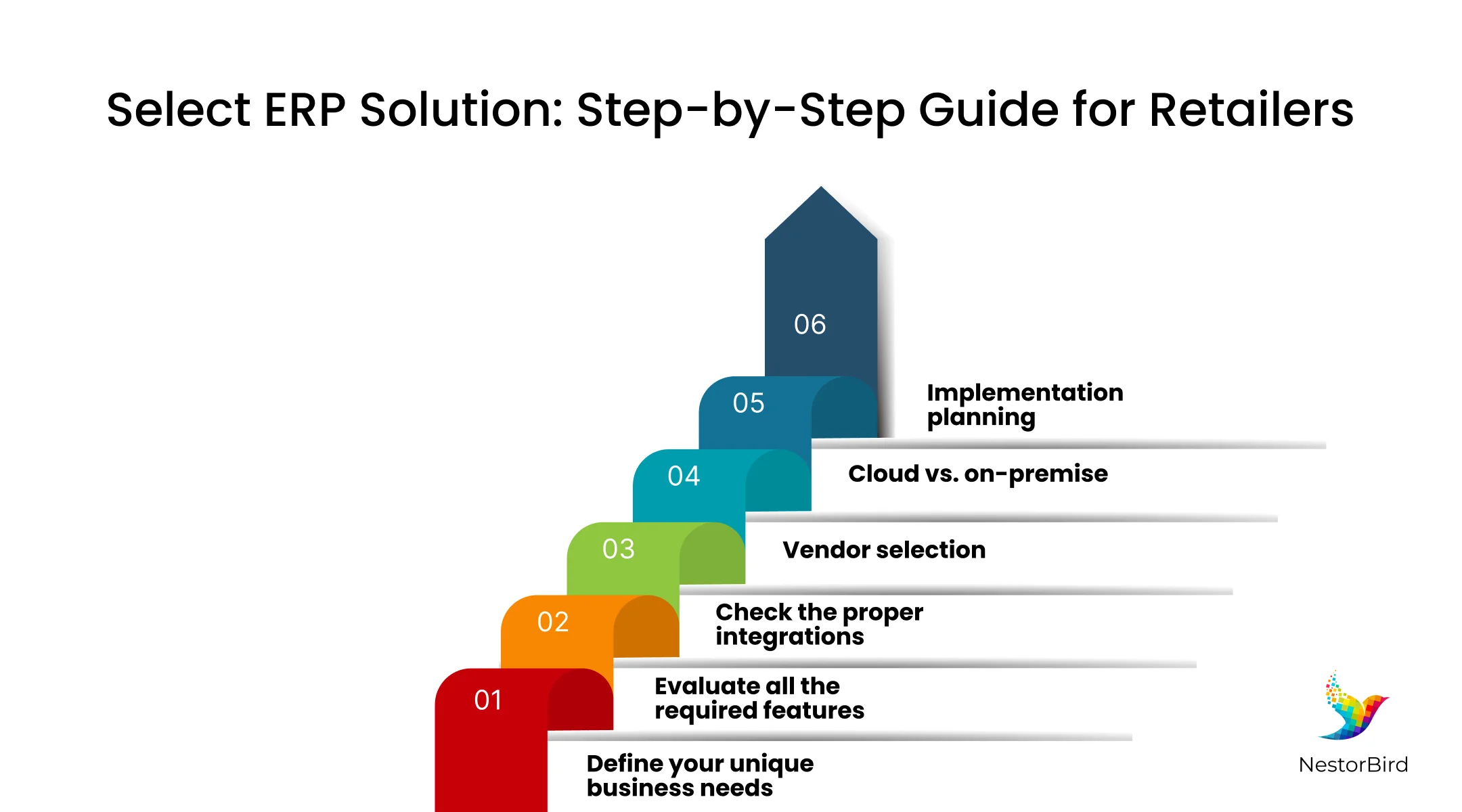
Here is a step by step guide for you on how to select the perfect solution, that is best suitable for your unique retail business and can improve your efficiency, sales, and help you in growth.
Define your unique business needs: You can start by listing what your business struggles with and what you want to improve. Find out your main goals and what matters most for your shop. This helps you pick a retail technology solutions that fits your needs and fixes your real problems.
Evaluate all the required features: No, you should look for features like real-time inventory tracking, sales across many channels, customer management, and the ability to grow. These help you run your shop smoothly and keep up with changes as your business gets bigger.
Check the proper integrations: It is best to make sure the retail ERP solution works well with your current systems, like POS, eCommerce, and other retail technology solutions. This means all your tools will work together, saving you time and reducing mistakes.
Vendor selection: Try and compare vendors by looking at their support, prices, and how well they know the retail industry. So, choose someone who understands your business and offers good help when you need it.
Cloud vs. on-premise: Cloud-based retail business software lets you access your system from anywhere and usually costs less. On-premise systems are installed in your shop and may need more IT work, and a cloud system is often easier and more flexible for most retailers.
Implementation planning: Plan how to set up your perfect ERP solution by arranging training for your team and ongoing support. So, keep improving how you use the system so you get the most out of it as your business changes.
How Retail ERP Solution Solves Common Retail Challenges
A Retail ERP Software helps solve common retail problems by making business easier and more efficient. With real-time inventory tracking, you always know how much stock you have, so you never run out or waste money on too much. And with automated replenishment and better supplier coordination, you can keep your supply chain smooth and cost-effective.
For sales and customer management, retail technology solutions puts all customer information in one place. This helps you give better service, run loyalty programs, and send personalized offers. And with omnichannel data, sales from online, in-store, and mobile are all managed together.
It also has automated accounting and real-time financial reporting, which leads to fewer mistakes and better control over your money. You can follow the rules and regulations easily. Manual tasks like data entry are done automatically, so staff have more time for important work. Check out this video on Maximizing Efficiency with POS (Offline & Online) for ERPNext.
Conclusion
With everything in one place, you can make better decisions and avoid mistakes by implementing the right and best retail ERP solution. The system grows with your business and saves you time and money. By focusing on your needs and picking the right features, you can find the perfect ERP solution for your business and set yourself up for success.
Frequently Asked Questions
Yes, it connects online, in-store, and mobile sales so you can manage all orders and inventory together, giving customers a smooth experience everywhere.
Yes, it keeps all customer data in one place, making it easy to offer loyalty programs, personalized deals, and faster support to shoppers.
It works for any size, like small shops and big chains, both benefit from better stock, sales, and customer management with a retail ERP solution.


